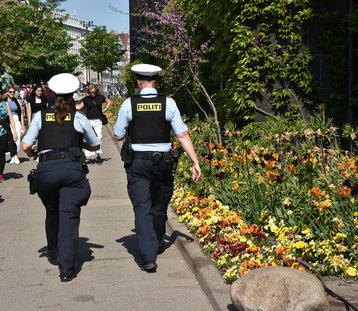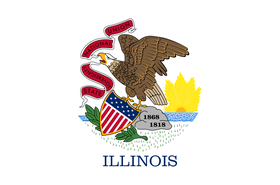The Danish government has awarded Motorola Solutions an eight-year contract to upgrade and continue to operate the nationwide public safety communications network.
In doing so, the Danish National Police's Center for Emergency Communication (CFB) will be supported by Dansk Beredskabskommunikation A/S (DBK), a Motorola Solutions subsidiary, until 2034.
DBK provides the existing Terrestrial Trunked Radio (TETRA) system which provides critical comms to Denmark's 40,000 first responders and military personnel in day-to-day operations and emergencies.
As part of the agreement, Motorola states that its TETRA network will also include new functionality enabling first responders to automatically switch between land mobile radio (LMR) and broadband service, including WiFi, 4G, and 5G networks.
According to Motorola, the upgraded TETRA infrastructure will support first responders to maintain reliable communication in indoor and underground facilities.
The contract for the next-generation emergency services network will also include a security operations center (SOC) that will monitor the performance of the network in real time, helping to detect cybersecurity threats more quickly.
“We are excited to build on our trusted relationship with the Danish National Police and the public safety agencies that keep communities safe,” said Michael Kaae, corporate vice president at Motorola Solutions.
“With the expertise of our teams in Copenhagen and worldwide, we will continue to provide exceptional operational service and TETRA innovation for decades to come."
Earlier this year, Motorola Solutions won a five-year contract from the Portuguese Ministry of the Internal Administration to maintain and enhance the country’s mission-critical public safety communications network, again providing its TETRA system.
However, in the UK Motorola Solutions was removed from the UK government's list of strategic suppliers in May, months after its exit from the new emergency services communication network (ESN).
Motorola's removal from the list follows a decision it reached with the Home Office in January to terminate the £400 million ($497m) contract for the delivery of the core voice component of the Emergency Service Network (ESN).
In March, the Home Office revealed it was unsure when the UK government’s 4G-based ESN will be ready after a report from the National Audit Office (NAO) found it could be delayed until 2029 or later. The report revealed that the Home Office paid out £45 million ($56m) to terminate its contract with Motorola Solutions for the delivery of the core voice application for the ESN.
First proposed in 2015, the ESN was meant to have been in use by 2020 for police, fire, and ambulance services in England, Scotland, and Wales.
The report found that the turn-off date for the aging Airwave system may be pushed back further after already having been twice extended, first to 2022 and then to 2026.






